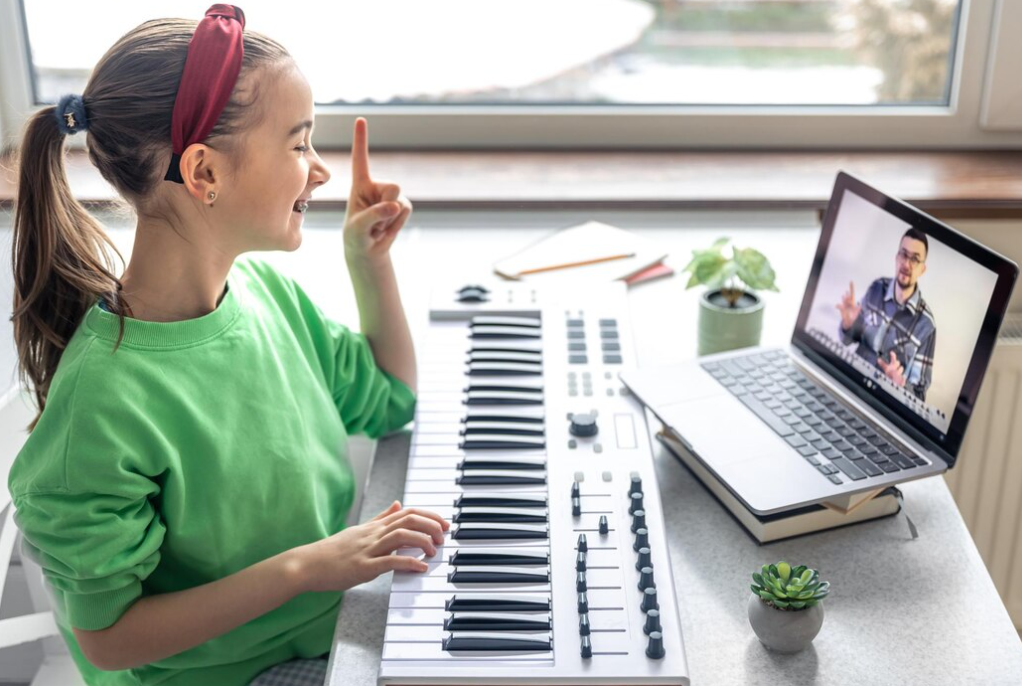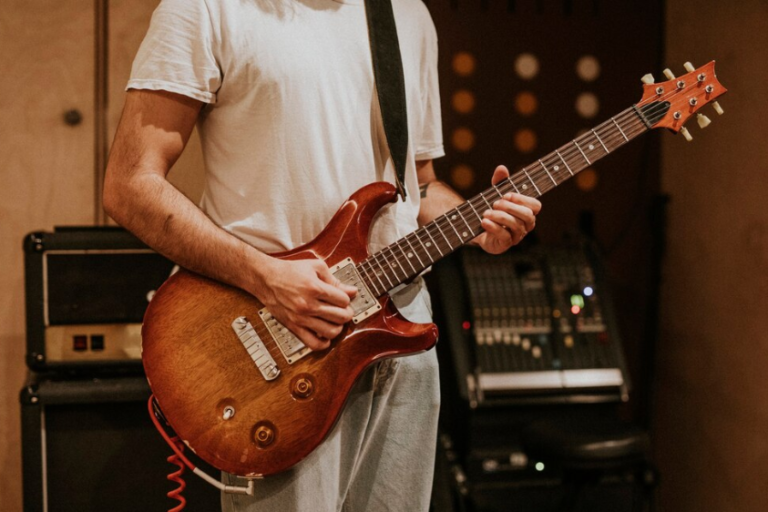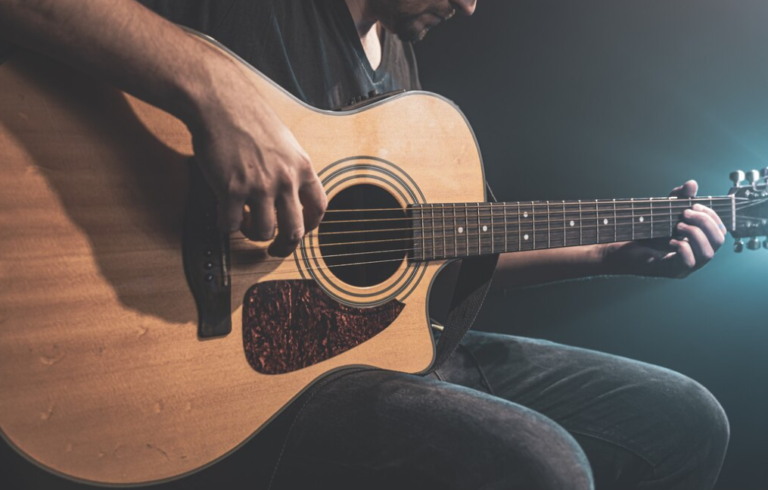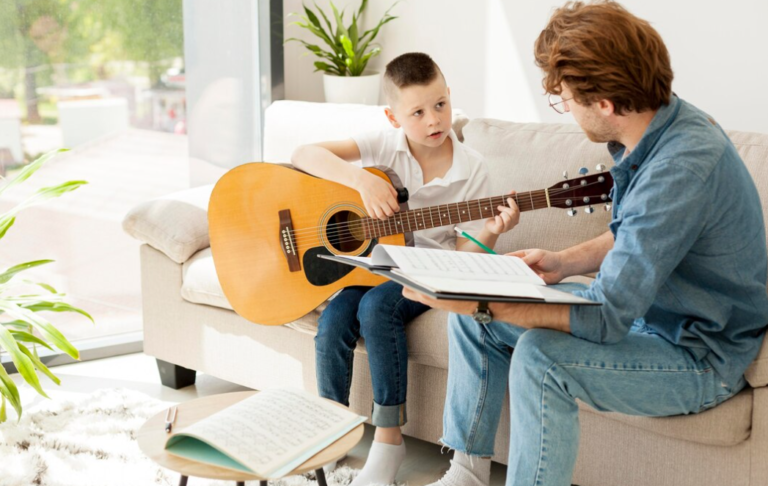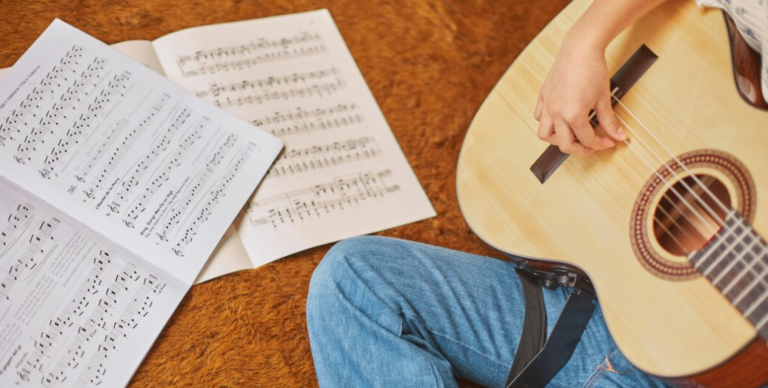How Parents Everywhere Are Using Virtual Piano Lessons To Spark Musical Interest
I don’t know about you, but everything I do is online now. From shopping to writing, our whole world is evolving around Wi-Fi speeds and our phones. It wasn’t that long ago that I remember “experts predicting” that most sales would come from our mobile browsing and we were all like, “NAH, that Aint gonna happen”
Welp, sorry sugar, it did and now we are all sticking our fingers in our ears and screaming “nananananana” as the world goes dark in person and the lights go on…. online.
As more of our lives transition virtual, from remote jobs to shopping, even the traditional realms of education and artistry are evolving. One such avenue is the world of virtual piano lessons. For moms over 40 with kids at home, this could be the perfect way to introduce your child to the piano or to nurture their budding talent. Actually, in my opinion, it’s the future. You would be shocked at how effective it is.
1. What is Virtual Piano Learning?
Virtual piano lessons, unlike the traditional face-to-face method, involve using platforms like any Zoom-based virtual learning academy to connect with an instructor over the Internet. The lesson is conducted in real time, allowing for immediate feedback and personalized instruction. This method is especially useful for those who might not have local tutors available or are juggling hectic schedules. In my travels all over the United States for homeschooled students and speaking at conferences, one of the main things that parents bring up is that they do not have the time to travel all the time to “this and that.”
Also, many parents live in remote areas. While I am secretly jealous of that having grown up a city boy and still feeling the train-smell on me from the morning commute, they immediately push back and tell me (almost verbatim) that they are “40 minutes away from anything” and it takes hours to commute to a simple activity. With broadband increasingly normalized and even SpaceX’s Starlink promising high-speed satellite internet for a fraction of (stupid) Verizon’s death hold on the industry… things are looking up.
2. Setting Up for Success
Positioning Your Camera:
For the instructor to teach effectively, they need a clear view of both the keyboard and the student’s hand positioning. Consider positioning the camera overhead or at an angle that showcases the keys and hands.
Camera Recommendations:

Choosing the Right Piano:
For beginners, a basic 61-key keyboard can suffice. However, as your child progresses, you might want to invest in an 88-key digital piano. Look for options that offer “weighted keys” to simulate the feel of an acoustic piano. This becomes essential when learning more complex pieces like the Moonlight sonata virtual piano rendition.
Posture Tips:
Ensure the bench height is such that your child’s forearms are parallel to the ground. Their feet should be flat on the ground (or on a footrest). Proper posture can greatly affect playability and reduce fatigue.
3. Exploring Virtual Piano Platforms
- Virtual Piano Download: Some platforms require software download. Ensure it’s from a trusted source.
- Virtual Piano Free: There are platforms offering free lessons or trial periods. This is a great way to gauge if online lessons are suitable for your child.
- Play Piano on Computer: Some websites, like “virtual piano online free”, let students practice on a computer keyboard. This is more for fun and familiarity rather than actual learning.
- Virtual Piano Songs & Chords: As your child progresses, they can delve into a vast online repository of songs and chords. Sites often categorize them based on difficulty, ensuring a structured learning path.
4. The Quickest Dive into Piano History In The History Of Mankind
While technicalities are essential, knowing the stories of legendary pianists can be inspiring. Beethoven, for instance, composed his masterpieces even after losing his hearing. His practice techniques were rigorous. Another notable mention is Chopin, who had a unique technique of playing, emphasizing on individual finger strength.
In my third year of running a music lesson program online, I know the challenges and the rewards. Venturing into virtual piano lessons can be a rewarding experience, 100%. With the right setup and resources like virtual piano songs and virtual piano chords, your child can embark on a beautiful musical journey, all from the comfort of your home.
Daniel Powers Jr, the founder of Real Brave™, serves as the chief inspiration to thousands of students in the Real Brave music instruction program. He’s also the visionary behind PracticePad™, an online platform for live one-on-one online music lessons, lesson tracking, and scheduling. Beyond his entrepreneurial pursuits, Daniel leads a non-profit organization that provides formerly homeless children with access to music education, making a profound impact on their lives. His unwavering dedication to music, innovation, and education continues to inspire individuals to reach their fullest potential while creating positive change in communities.
